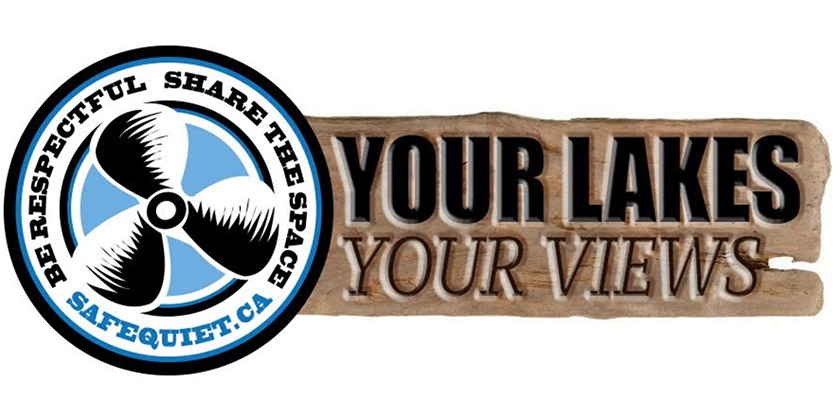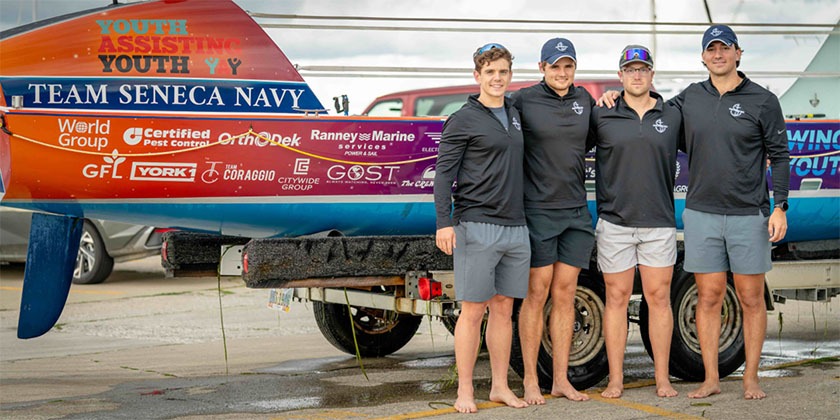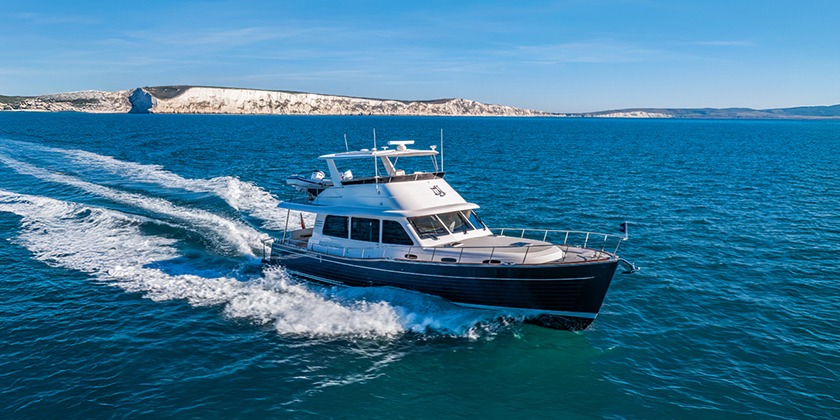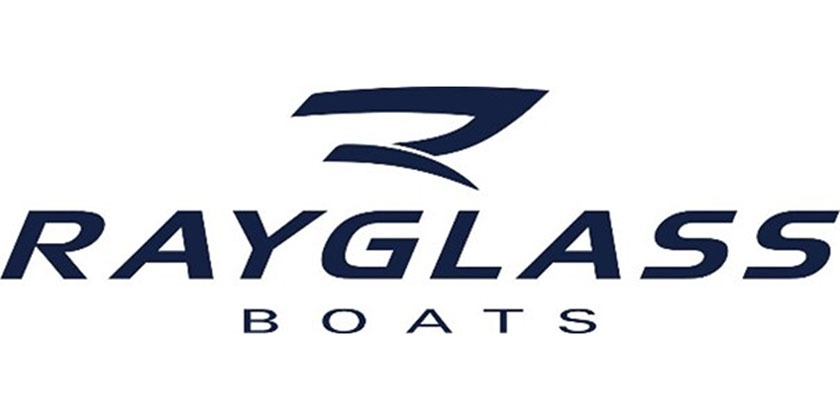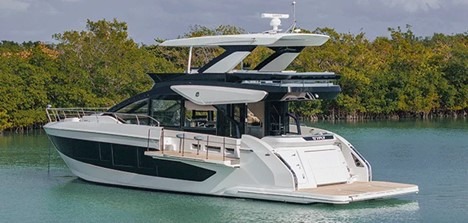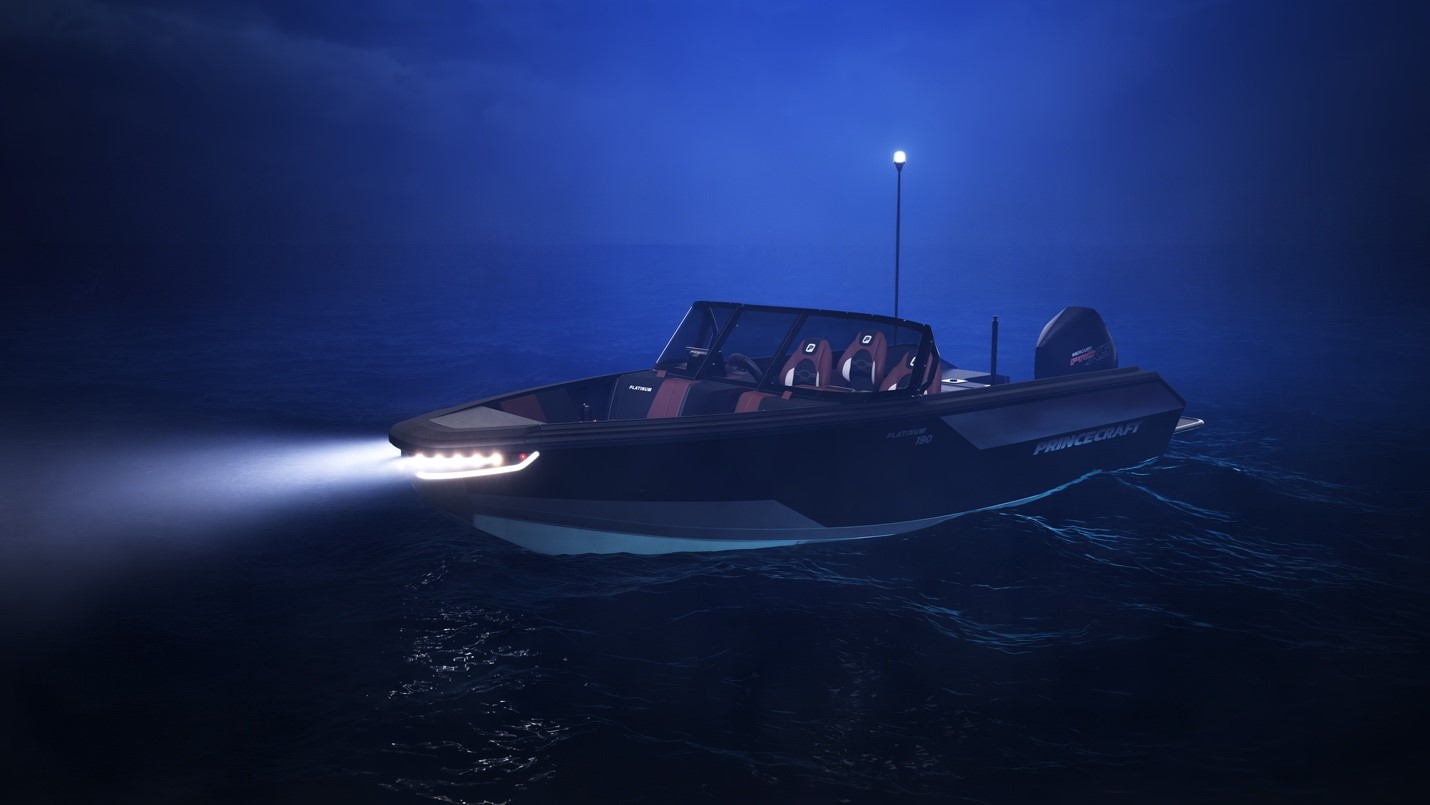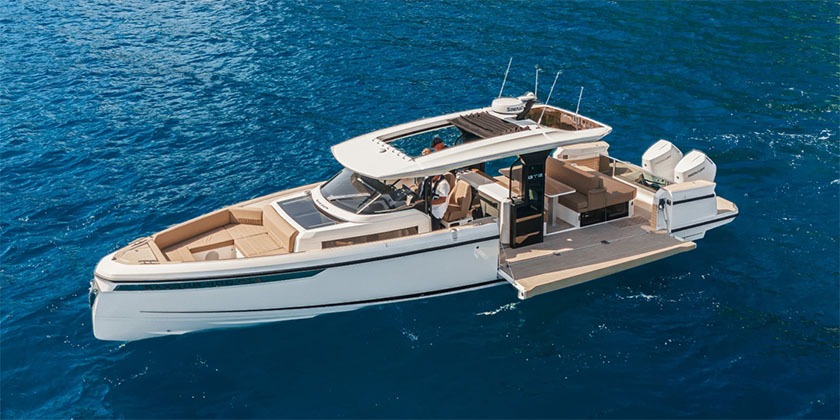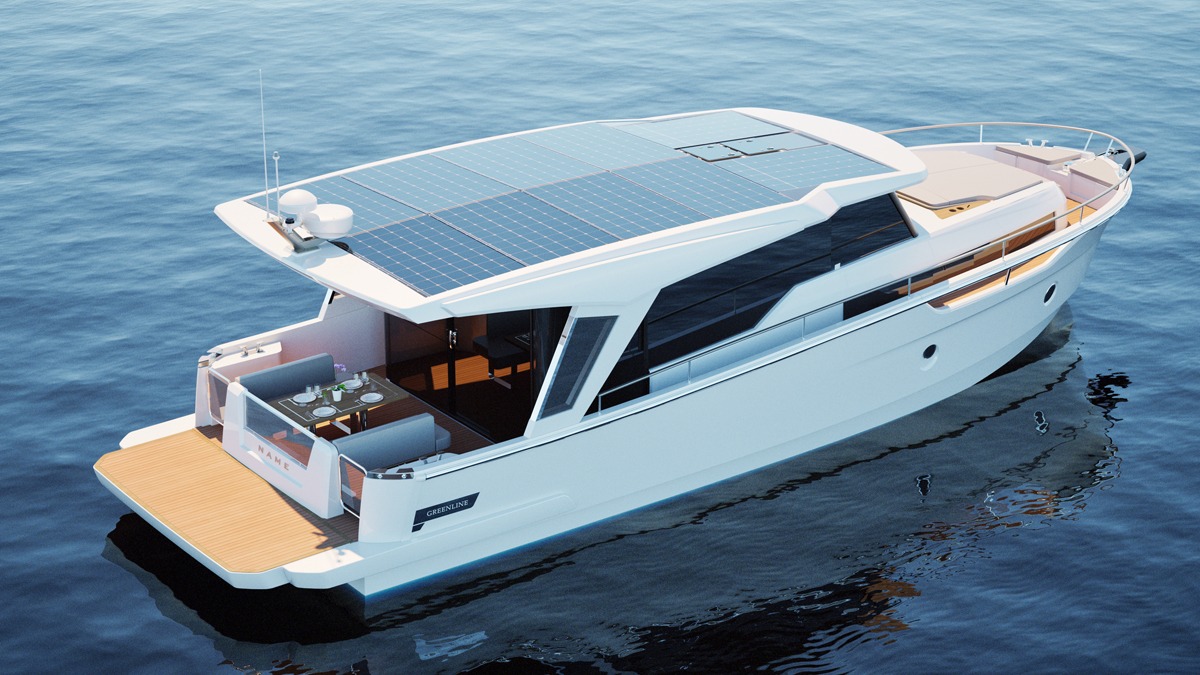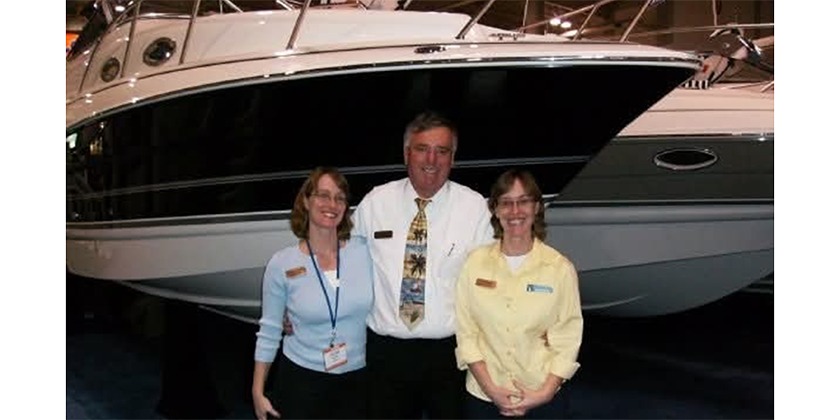Boating BC creates awareness of responsible boat disposal and issues related to abandoned boats across BC
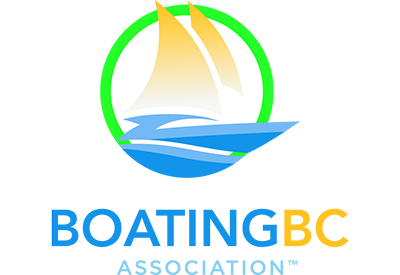
Sept 14, 2021
British Columbia is blessed with some of the world’s most beautiful waterways and cruising grounds. From scenic lakes and world-class rivers to spectacular coastal boating, the province has something to offer every boating enthusiast. It’s no surprise that BC is home to a large percentage of the estimated 2.3 million boats on the water in Canada.
Over the past few decades, the province has seen an unfortunate side effect of our robust boating community; each year vessels are abandoned and left to grow old on moorages, in marinas and along our beaches and coastlines.
Abandoned vessels are more than an eyesore – they post significant environmental and safety risks with the potential to release fuel or toxins into the marine ecosystem. They are also an inconvenience and potential hazard to the boating public and beachgoers and have a negative economic impact on many of our waterfront communities.
As part of a province-wide initiative, and with funding from Transport Canada, Boating BC Association, the go-to resource for the province’s marine sector, is continuing its education and awareness campaign to remind boat owners of their obligation to responsibly dispose of their vessel as it approaches the end of its life.
The reminder is timely. During the COVID-19 pandemic, a record number of new boaters have taken to the waterways, and they may not be acquainted with the responsibilities associated with boat ownership. Most boat owners are responsible with boat disposal, and ensuring new boaters are aware is critical to ensuring the issue is addressed for generations to come.
When the time comes to retire a boat, the onus is on the owner to do it in an environmentally and responsible manner. Leaving behind a derelict vessel is against the law in Canada with legislation designed to protect coastal and shoreline communities.
To assist boaters, Boating BC has created an online database of boat disposal services in communities across BC. The resource also includes details about environmentally responsible boat disposal and additional information.
To learn more about how to responsibly dispose of your vessel visit: www.boatingbc.ca

